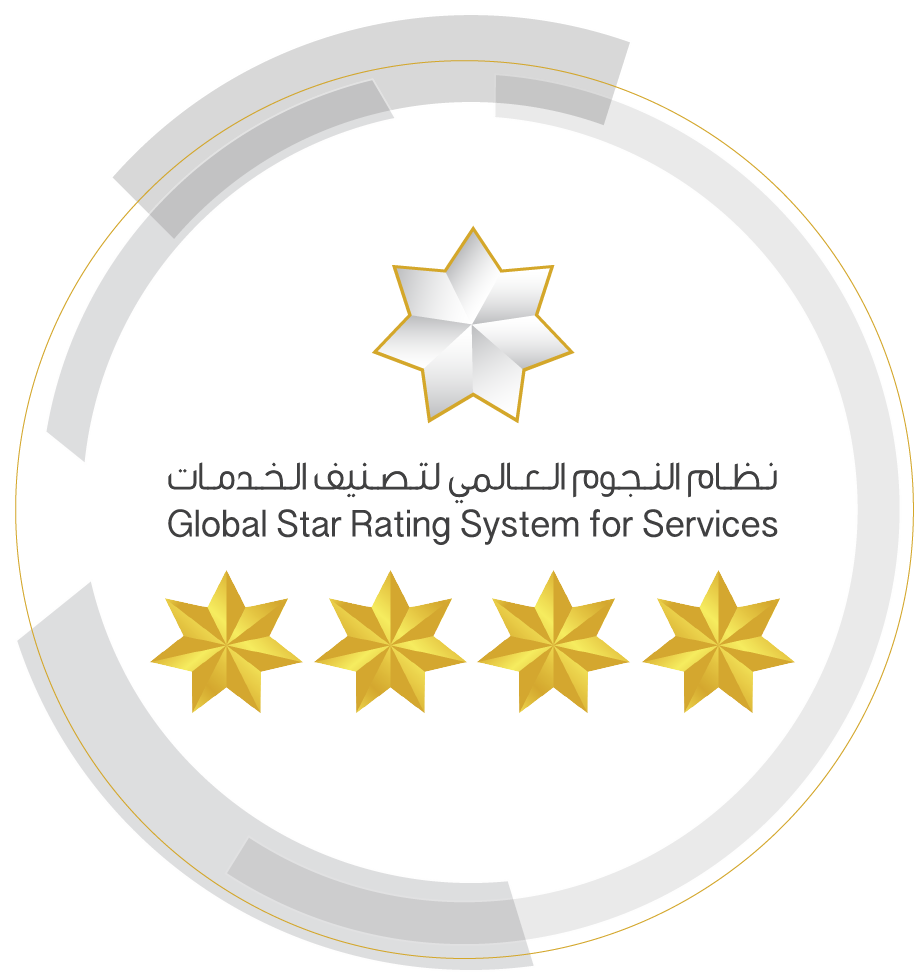Standardization and Sustainability: An Integrated Framework to Support the Year of Sustainability and COP28 Efforts
Under the slogan "Today for Tomorrow",
the UAE declared 2023 - the year in which COP28 takes place - as the Year of
Sustainability to highlight national efforts promoting global climate action in
line with the UN's Sustainable Development Goals (SDGs). Following the
announcement of the Year of Sustainability, national entities, including
ministries, redoubled efforts to algin their new initiatives and projects with the
sustainability agenda.
The Ministry of Industry and Advanced
Technology (MoIAT) has launched numerous initiatives that support
sustainability, including initiatives around quality infrastructure and
standards, which are an integral part of sustainability and clean manufacturing.
Standards are a critical instrument for
supporting national sustainability and environmental protection policies and
for enhancing the efficiency of production. By aligning standards, conformity
assessment procedures and technical guidelines, manufacturers, producers and
consumers can help to achieve SDGs as well as the objectives of policies on
sustainability.
At MoIAT, we have adopted the highest
international standards in fields such as industry, advanced technology,
construction, and services. This includes standards related to sustainability,
such as environment and energy efficiency standards, as well as standards
relating to the energy transition.
We recognize the importance of promoting
sustainability practices in all areas covered by standards, which include
conformity assessment procedures and accreditation systems, to enhance
economic, environmental and social activities as well as quality of life. This
recognition is part of our commitment to championing the principle of
sustainable development across all sectors.
MoIAT's standards, regulations, conformity
and national accreditation team works with stakeholders under a single national
umbrella with the aim of building a prosperous future for society and the
national economy.
The team is committed to raising awareness around
sustainability among our institutions and partners and promoting the adoption
of UN sustainability principles. And by embedding sustainability into the
standards adopted in the UAE, we aim to support the country's economic,
environmental, and social development policies and strategies.
The guidance set out in UAE.S ISO Guide 82:
2020 underpins the development of standards in the UAE and any standards that
the country contribute to develop regionally and internationally . The document
provides guidance on how to account for sustainability when drafting, reviewing
and updating standards and technical regulations. The guide also outlines the
methodology that standards development professionals can use to include
sustainability when working on standards.
We also encourage institutions that adopt standards
to develop programs that support sustainability within their strategies,
projects and work. And we promote social responsibility by encouraging institutions
to apply International Standard No. ISO 26000: 2010 Guidance on Social
Responsibility, which has been adopted in the UAE to help achieve the SDGs.
We are working with our partners to develop
and implement an effective standards ecosystem, and improve the quality
infrastructure in line with the latest international standards and global practices
to ensure the growth and excellence of national industry, as well as to enhance
its sustainability and competitiveness.
In conclusion, in accordance with
international best practices, the UAE adopts effective systems for implementing
national strategies related to clean production and waste and pollution
reduction by applying policies around sustainability, the environment, the circular
economy and the responsible management of resources and energy.
As a ministry, we support sustainable
development across all sectors by implementing policies and programs that
contribute to achieving sustainability, to protecting resources and to improving
the quality of life for current and future generations.
It is critical we succeed in this mission.
At its heart, is an integrated and harmonious national framework underpinning
all standards, quality infrastructure and regulation.
Dr. Farah Ali Al Zarooni
Assistant Undersecretary for Standards
and Regulations Sector
Release Details
April 18, 2023


